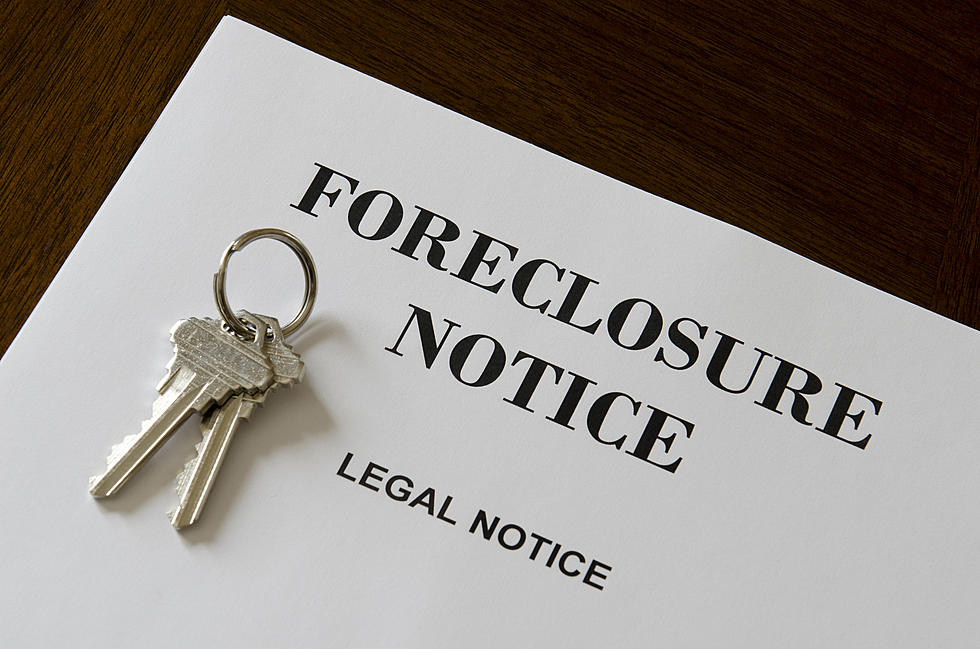
U.S. foreclosures at all-time low in ’21, but NJ still ranks high
An analysis from ATTOM Data Solutions shows foreclosure filings were reported on 151,153 U.S. properties in 2021, a 29% decrease from 2020 and the lowest rate since tracking began in 2005.
Yet New Jersey continues to be at the wrong end of this spectrum, notching the fifth-highest rate among all states for the year (0.19% of housing units), and the third-highest rate in the fourth quarter (1 in every 1,288 units).
Rick Sharga, executive vice president of RealtyTrac, for which ATTOM is the parent company, said the numbers are a bit misleading, given the moratoriums put in place nationally and locally for much of the COVID-19 pandemic thus far.

"There is literally nowhere in the country right now where foreclosure activity is a huge problem, so this is all very relative, even though New Jersey numbers are higher than a lot of other states," Sharga said.
While raw numbers may indeed be higher, New Jersey's 38% decrease in foreclosure rate from 2020 to 2021 actually also outpaces the national average. The same is true for 2021 versus 2019; New Jersey's activity decreased 77% across those two years, compared to 70% for the country overall.
"The more positive way of looking at it is that New Jersey's foreclosure numbers are actually down more on a percentage basis than the rest of the country," Sharga said.
Looking at U.S. metro areas, ATTOM found Atlantic City had the fifth-highest individual foreclosure rate in 2021, at 0.29%, despite the state legislature's numerous attempts to prop up the gambling resort's finances.
Sharga said although New Jersey and the nation have recovered well from the coronavirus recession, local and lower-paid workers may have struggled to maintain their AC-area homes as the state hovered several points above the national unemployment rate.
"Those are the kind of employees who, if they do happen to be homeowners, are the ones most likely to find themselves in financial distress when you have a period of economic shock like we've just gone through," Sharga said. "The fact that a lot of the New Jersey economy is based on things like travel and tourism and retail and restaurants and hospitality and entertainment makes the economy more vulnerable to the kind of recession that we just went through."
Sharga expects foreclosure activity to gradually increase during 2022, reaching what he called "normal" levels by the end of the year or early in 2023, observing that holiday moratoriums may have made some of the fourth quarter and December figures artificially low.
But to put things in further perspective, filings are now down almost 95% nationwide from their 2010 peak, and Sharga said continuing state and local forbearance programs should provide a "soft landing" for many residents at risk.
Patrick Lavery is New Jersey 101.5's afternoon news anchor. Follow him on Twitter @plavery1015 or email patrick.lavery@townsquaremedia.com.



